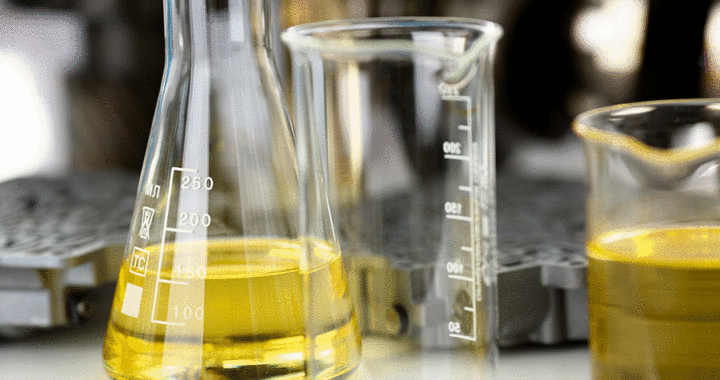Global Lubricant Additives: Market Analysis and Opportunities
Regional Coverage: Global
Base Year: 2022
Published: April 2023
Download Brochure
Base Year: 2023
To be Published: Q4 2024
Download Brochure
What are the Key Questions this Study Answers to Help You Succeed?
How will developments in the finished lubricant market impact lubricant additives?
Based on a holistic de-blend model, this study provides transparent and detailed assumptions on demand drivers, linking finished lubricant market trends to the lubricant additive market, including:
- Forecasts of how new GF-7 and PC-12 specifications will affect engine oil additive packages
- Customizable demand scenarios, enabling subscribers to create their own simulations
How should you position yourself against competitors?
This study provides supply chain mapping of the lubricant additive industry, enabling you to get a view of the signals, including:
- Mapping of additive plants and their capabilities to support better competitor analysis
- Assess the shift from second and third tier additive companies towards package blending, seeing how they are gaining traction
What will be the impact of electrification on the lubricant additives market?
This study answers the key questions around electrification, including:
- How will EV fluid requirements differ from ICE lubricants?
- How will the evolving consumer adoption of EVs provide opportunities for engine oil additives?
- What could commoditization of the engine oil market do to lubricant additive demand?
Scope
- Lubricant additive demand by application, function, and chemical class
- Lubricant additive demand by region and five-year forecast
- Typical additive formulations and treat rates for different lubricants products and regional variances
- Impact of new specifications, consumer trends, and green/renewable trends on lubricant additive formulations
- Profiles of leading lubricant additive suppliers, including emerging suppliers
- Assessment of market opportunities and challenges
Table of Contents
Introduction
Executive Summary
Additives by Lubricant Application
The lubricant additives market for 23 automotive and industrial product categories will be analyzed, covering:
- Additive function and type used
- Typical additive formulations
- Current and future additive consumption
- Additive consumption by type and chemistry
- Market trends and opportunities
- Market outlook
Additives by Function Class
Lubricant additive function classes listed in Table 1 will be analyzed, covering:
- Chemical categories
- Consumption by chemical category and region
- Market trends and opportunities
- Market outlook
| TABLE 1. ADDITIVE CLASSES COVERED | |
| Antioxidants | Extreme-pressure, anti-wear, anti-seize |
| Corrosion inhibitors | Friction modifiers |
| Detergents | Pour-point depressants |
| Dispersants | Viscosity modifiers |
| Emulsifiers | Other additives |
Supplier Profiles
Lubricant additive suppliers listed in Table 2 will be profiled, covering:
- Company background
- New investments and products
- Plants and facilities
- Product portfolio
- Estimated annual sales
- Company SWOT evaluation
| TABLE 2: SUPPLIERS COVERED | |
| Afton Chemical Corporation | IPAC |
| BASF | Jinzhou Kangtai |
| BRB | King Industries |
| Chevron Oronite | KIREI Chemical |
| Croda | Lanxess (Includes Rhein Chemie, Chemtura) |
| Daelim | Lubrizol |
| DOG Chemie | Metall-Chemie |
| Dorf Ketal | Richful |
| Dover Chemical | RT Vanderbilt |
| Elco | SANYO |
| ENI | SBZ |
| Evonik | Tianhe Chemical Group |
| Infineum | Wuxi South Petroleum |
Subscriber Benefits
- Insights and trends in the lubricant additives market to help develop business strategies and product plans around new challenges faced by the industry
- Understanding of how regulations, new specifications, and consumer trends will influence the lubricant additives industry
- Profiles of leading additive companies to help evaluate key competitors and potential partners along with a plant map
Price Anchor

